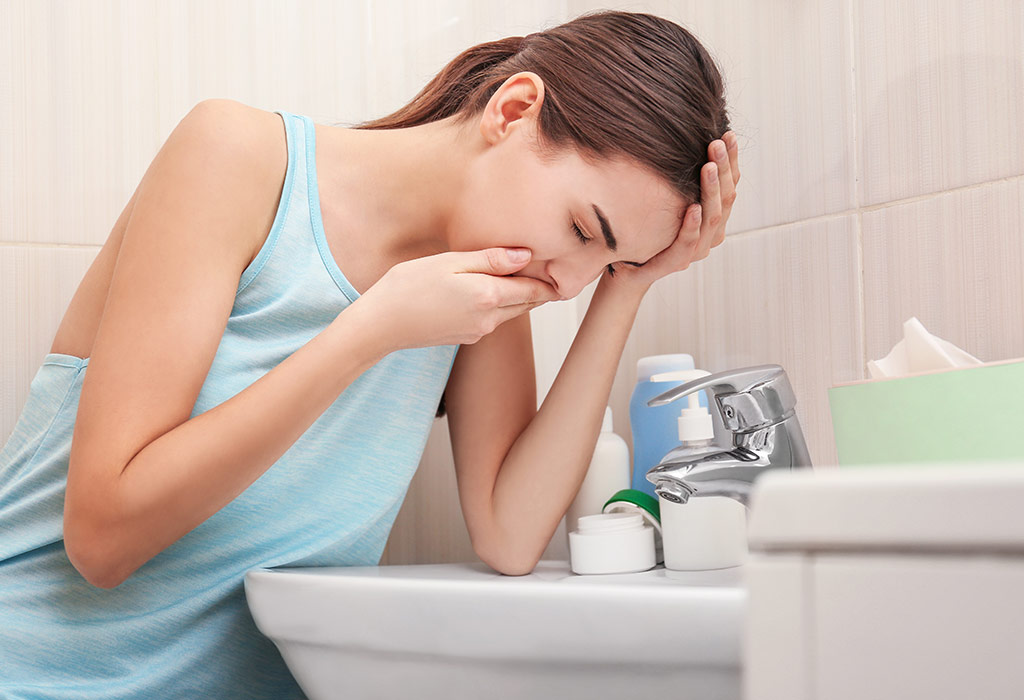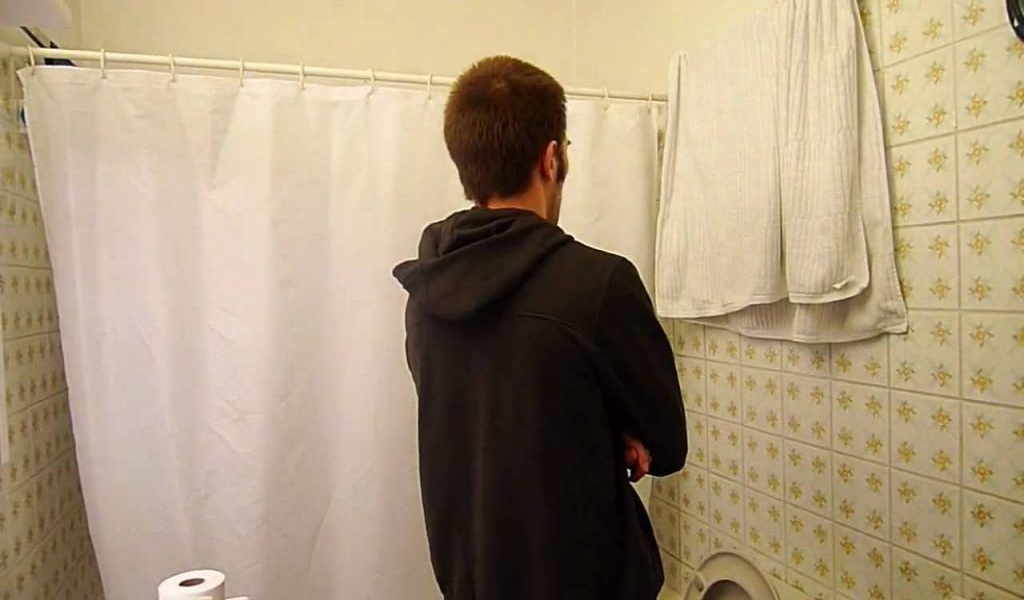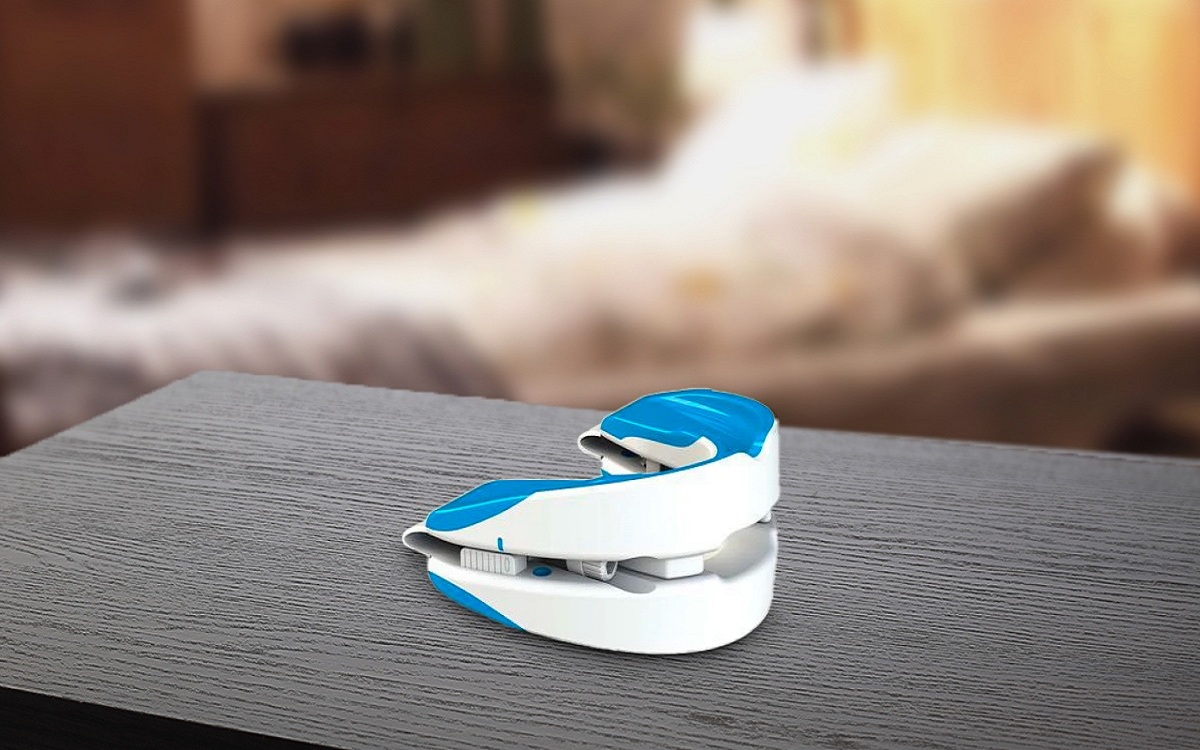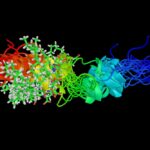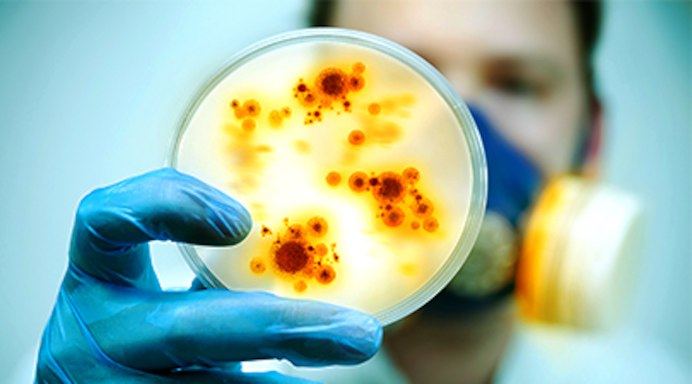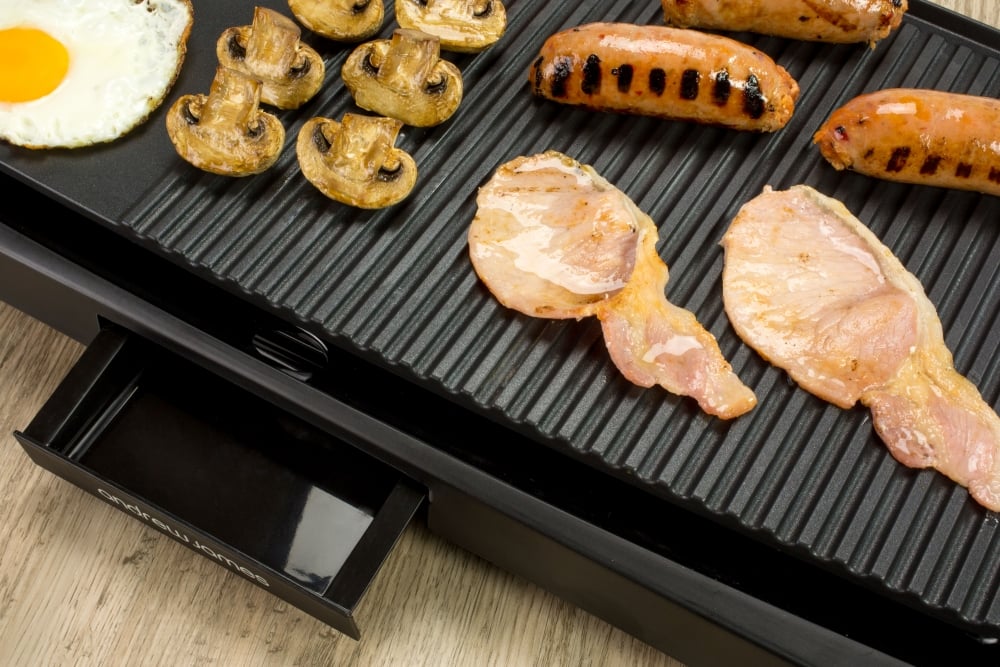Can You Test Water Hardness in Your Zip Code?
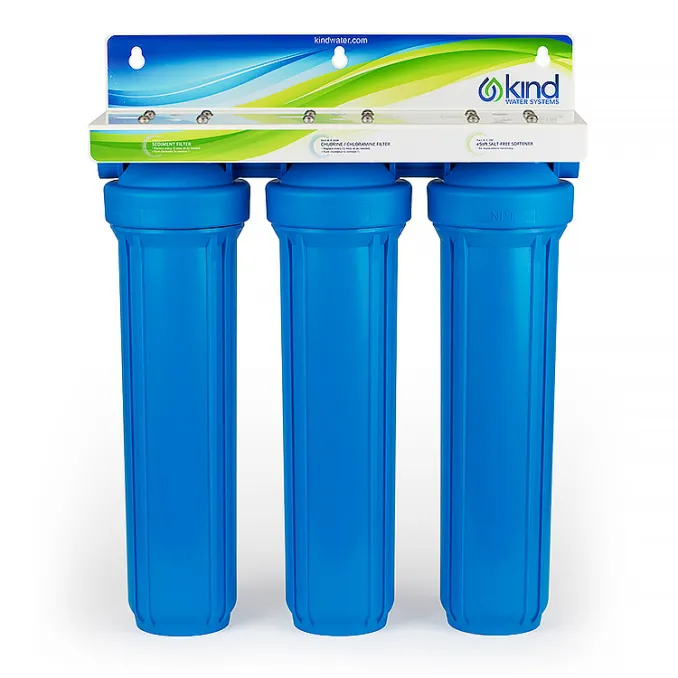
Is the water in your area causing problems with soap scum, plumbing issues, or dull-looking clothes? Find out if you can test the Water Hardness By Zip Code and take control of your H2O quality. In this article, we’ll dive into the easy methods for testing water hardness at home and explore professional services available near you. Say goodbye to hard water headaches!

Content
Effects of Hard Water
Hard water can wreak havoc on your daily chores and home maintenance. Let’s explore the negative impacts it has on various aspects of our lives.
Household Appliances, Plumbing Systems, and Fixtures
Hard water contains minerals like calcium and magnesium that can accumulate over time, leading to a buildup of limescale. This mineral residue can clog pipes, reduce water flow, and damage appliances such as dishwashers, washing machines, coffee makers, and water heaters. Your plumbing system may suffer from reduced efficiency or even costly repairs due to this scale buildup.
Soap Efficiency and Cleaning Issues
One noticeable effect of hard water is its impact on soap efficiency. The minerals in hard water react with soaps and detergents creating a film known as soap scum. This scum makes it harder for soap to lather properly, resulting in less effective cleaning for dishes, clothes, and personal hygiene routines. You might find yourself using more soap than necessary just to achieve satisfactory results.
Dull-Looking Clothes and Streaky Dishes
When washing clothes with hard water, the minerals present can bind to fabrics during rinsing leaving them looking duller than they should be after laundering. Similarly, hard water leaves behind spots or streaks on dishes even when you wash them thoroughly. These cosmetic issues caused by hard water affect the overall appearance of your belongings.
Testing Water Hardness
Determining the hardness of your water is crucial in understanding its quality and potential impact on your daily life. Fortunately, there are various methods available for testing water hardness, catering to different preferences and needs.
DIY Methods
You can easily test water hardness at home using test strips or kits specifically designed for this purpose. These DIY tests typically involve dipping a strip into a water sample or mixing it with a provided reagent solution. The strip will then change color based on the level of mineral content present in the water.
While these tests may not provide laboratory-level accuracy, they offer a good indication of whether your waterfalls are within the soft or hard range. It’s important to follow the instructions carefully to obtain reliable results.
Professional Testing
For those seeking more precise and comprehensive results, professional testing services by certified experts are available. These professionals use specialized equipment and techniques to accurately measure the mineral content in your water supply.
Professional testing offers several benefits over DIY methods, including higher accuracy levels and detailed analysis of other factors that could affect water quality beyond just hardness. This option is especially recommended if you have specific concerns about your water or require precise measurements for certain applications.
Online Resources
In addition to DIY methods and professional services, there are also online resources where you can check average water hardness levels based on zip codes or locations. Popular platforms provide data collected from local municipalities or user-contributed information, giving you an idea of what others experience in your area.
These online resources serve as convenient tools for initial assessments but should be used as general guidance rather than definitive measurements.
Interpreting Test Results
Once you have conducted a water hardness test, understanding the results is crucial in determining the appropriate actions to take. Let’s dive into how to interpret these test results and explore potential treatment options.
Soft vs. Hard Water
Based on your test results, you can classify your water as either soft or hard. Soft water contains minimal mineral content, while hard water has higher levels of minerals like calcium and magnesium.
Specific measurements within the recommended range provide indications regarding the hardness level of your water. These measurements are typically expressed in grains per gallon (GPG) or parts per million (PPM). The lower the measurement, the softer your water; whereas higher measurements indicate harder water.
Moderate to Very Hard Water
If your test reveals moderate to very hard water conditions, it’s important to be aware of potential problems that may arise from this high mineral content. Common issues include limescale buildup in pipes and appliances leading to reduced efficiency and increased energy consumption.
To address these problems, there are several treatment options available. Installing a water softener is one effective solution that removes excess minerals from the water supply by using ion exchange processes. Another option is using water conditioners, which alter the chemical composition of minerals so they don’t cause scale buildup without removing them entirely.
Each treatment option comes with its own advantages and disadvantages along with estimated costs for installation and maintenance. It’s essential to consider factors such as budget, space availability, maintenance requirements, and personal preferences when choosing an appropriate solution for mitigating the effects caused by hard water.
By understanding what your specific test results mean and exploring suitable treatment options accordingly, you can ensure optimal quality for your household’s daily activities while protecting plumbing systems and appliances from unnecessary wear and tear caused by hard-water-related issues.
Conclusion
Testing water hardness in your zip code is crucial for maintaining a functional and efficient household. By understanding the effects of hard water, exploring different testing methods, and interpreting the results accurately, you can make informed decisions about treatment options to ensure optimal water quality for all your needs. Say goodbye to hard water troubles!
FAQs
u003cstrongu003eIs it possible to test water hardness in my zip code without professional assistance?u003c/strongu003e
Absolutely! There are various DIY methods available, such as using test strips or kits specifically designed for testing water hardness at home.
u003cstrongu003eHow accurate are the DIY testing methods compared to professional testing services?u003c/strongu003e
While DIY tests provide a good indication of water hardness levels, they may not offer laboratory-level accuracy like professional testing services do. However, DIY methods can still give you valuable insights into your water quality.
u003cstrongu003eAre online resources reliable for checking average water hardness levels based on zip codes or locations?u003c/strongu003e
Online resources can be helpful for getting an initial idea of average water hardness levels in your area. Keep in mind that these platforms rely on user-contributed data and might not provide precise measurements like individual testing would.

Jesus is a health blog author who has been writing about nutrition, fitness and healthy living for over 10 years. He also loves to run, hike and bike with her wife.

